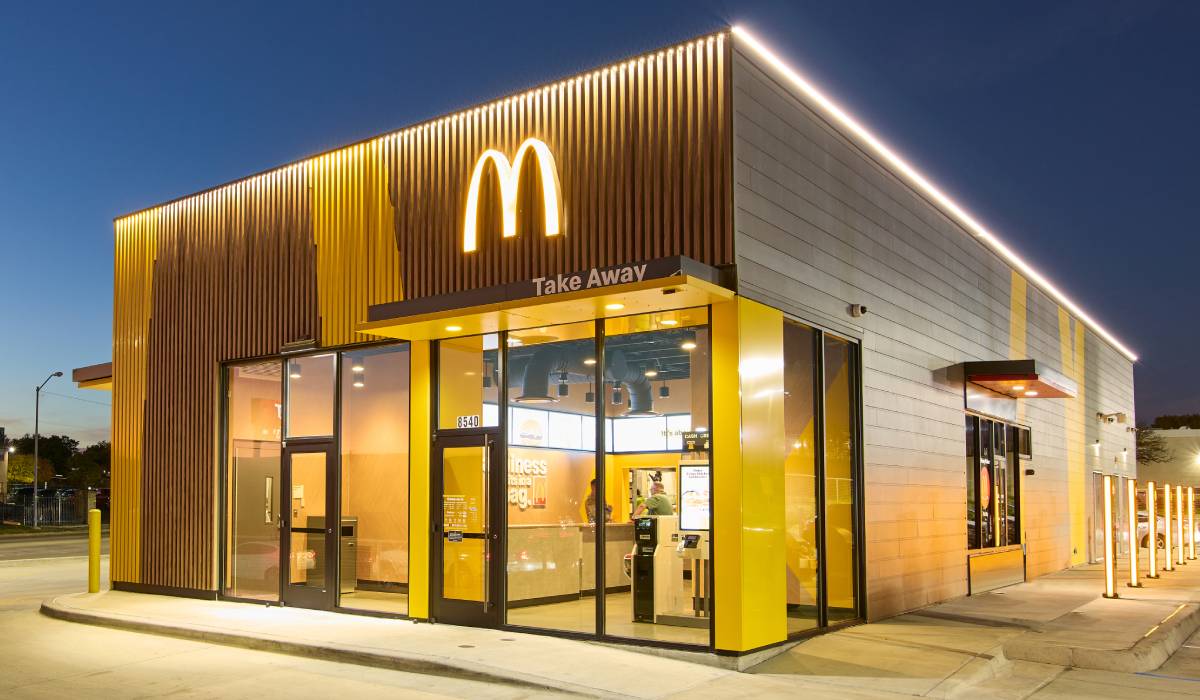A Sacramento Superior Court judge ruled Friday that the FAST Act—legislation that would put fast-food wages in the hands of a statewide council—cannot proceed until a referendum process is completed.
Late last year, the Save Local Restaurants Coalition, formed by the U.S. Chamber of Commerce, the National Restaurant Association, and the International Franchise Association, collected more than 1 million petition signatures to place a referendum on the November 2024 ballot, putting the FAST Act in the hands of voters. The Coalition submitted the referendum ahead of the December 5 deadline, and exceeded the 623,212 signatures required by state law.
In response, California government officials planned to implement the FAST Act on January 1 temporarily while signatures were being verified. The Coalition argued that in the state’s prior 52 referendum cases over the past 100 years, a referendum process has frozen the enforcement of laws. The group filed an injunction, which stopped the FAST Act from happening until a judge could rule on the case.
Then on Friday, Superior Court Judge Shelley Chang sided with the Coalition, and said the law must be paused until signatures can be verified. If everything is approved, the law would be tabled until after November 2024.
“[Friday’s] Court decision protects the rights of over one million California voters who demanded their say on this law before bearing its burden,” the Coalition said in a statement. “We appreciate the Court upholding the state’s 100-year-old referendum process as well as the well-established legal precedent that ensures California voters are able to consider the laws passed by their legislature.”
The FAST Act, or Fast Food Accountability and Standards Recovery Act, was signed by California Gov. Gavin Newsom in September and would create a 10-member council appointed by the governor and certain legislators. The council would consist of two fast-food franchisors, two franchisees, two employees, two advocates of workers rights, two state officials.
The council would have the power to raise minimum wage up to $22 per hour, and increase it by up to 3.5 percent every year thereafter. (For perspective, California’s minimum wage moved to $15.50 at the start of 2023.) The law would impact more than 550,000 workers across more than 30,000 locations. The new law would cover fast-food chains that have 100 or more locations nationally.









